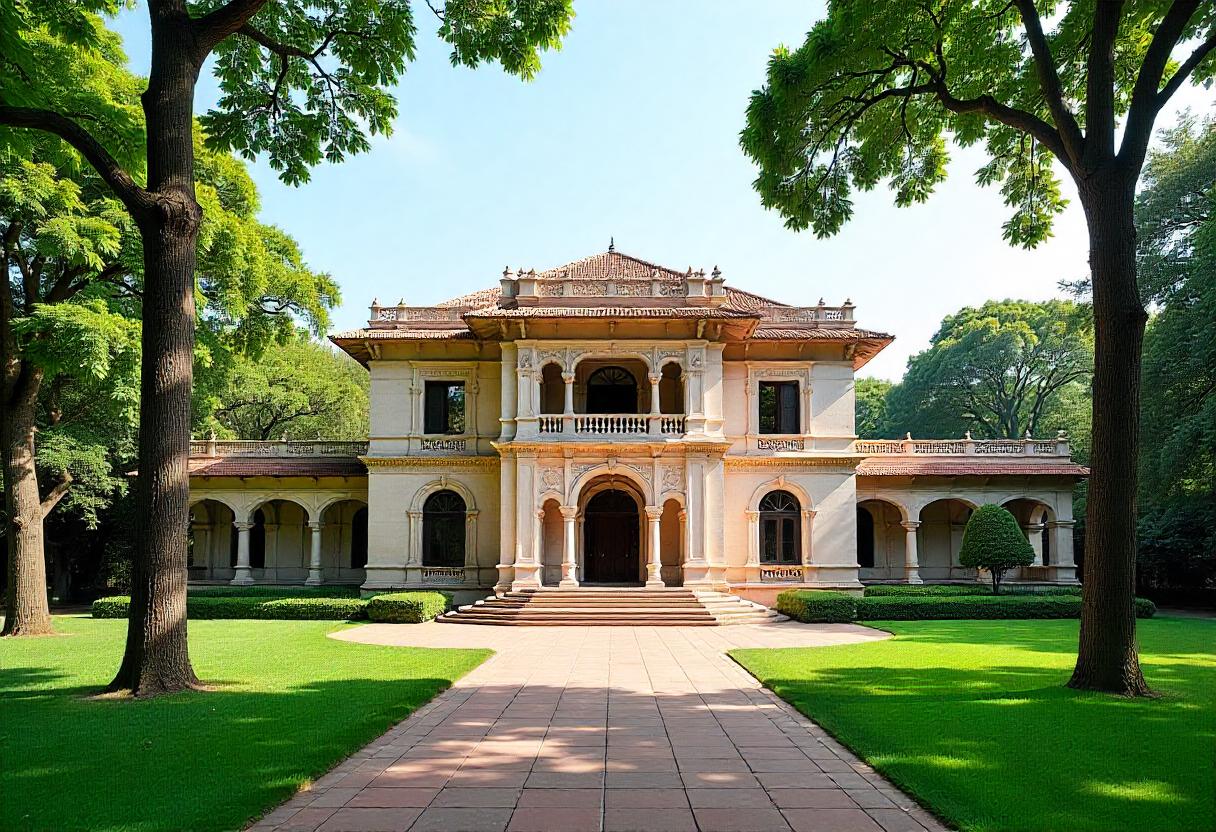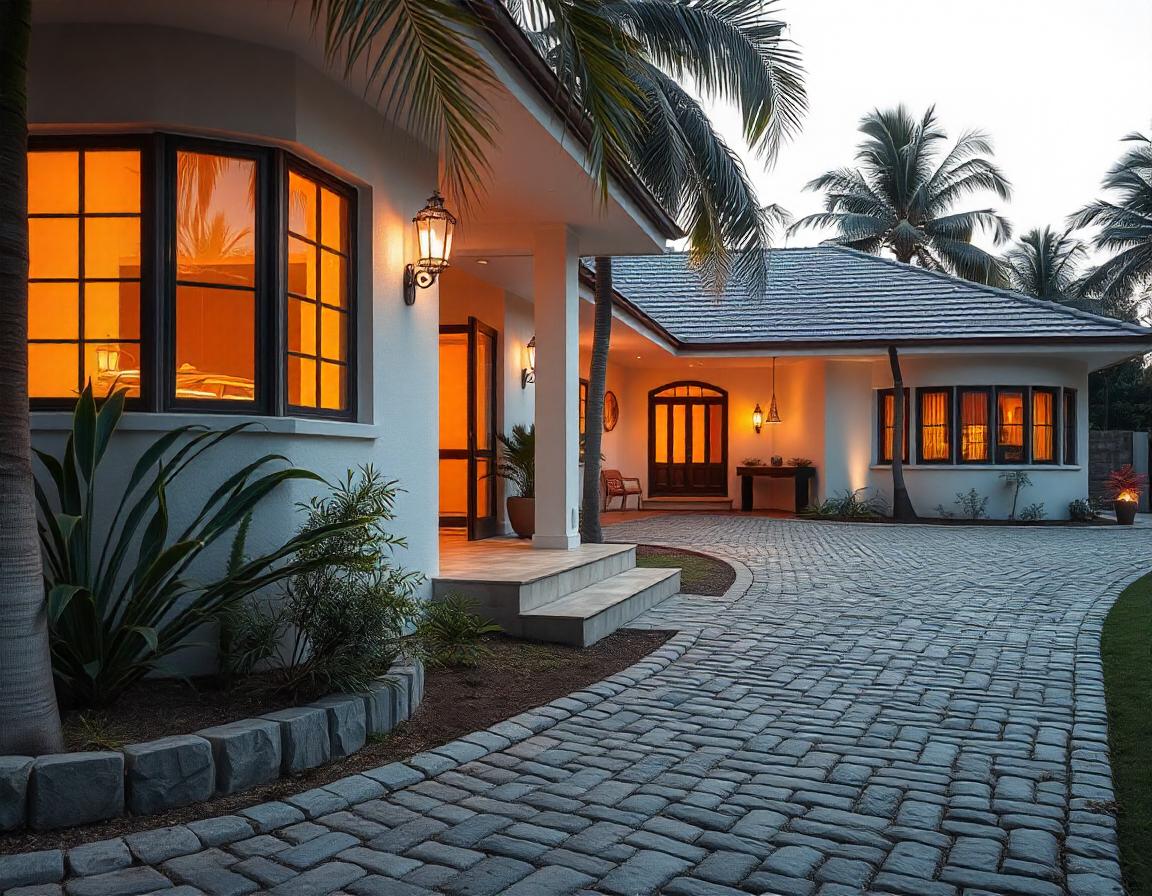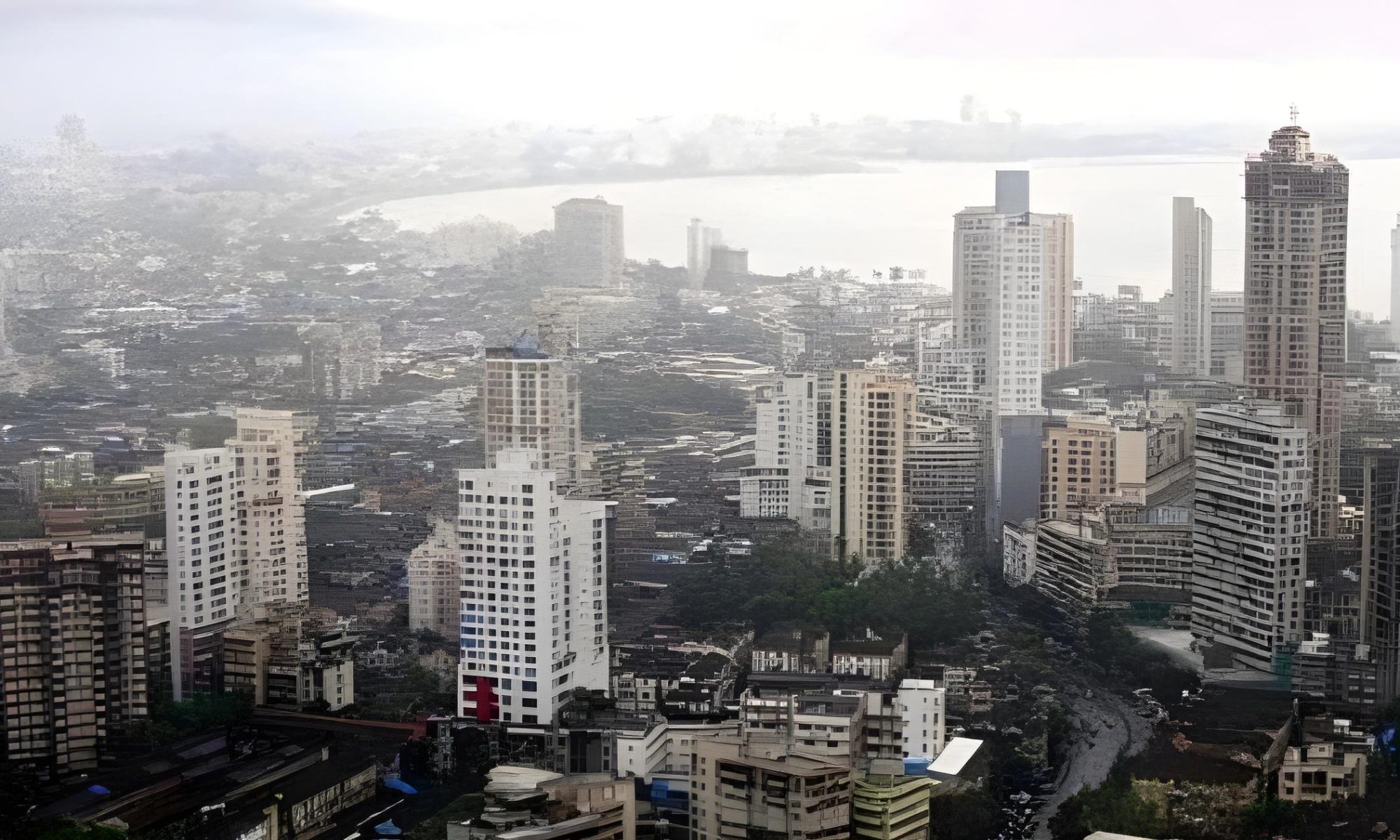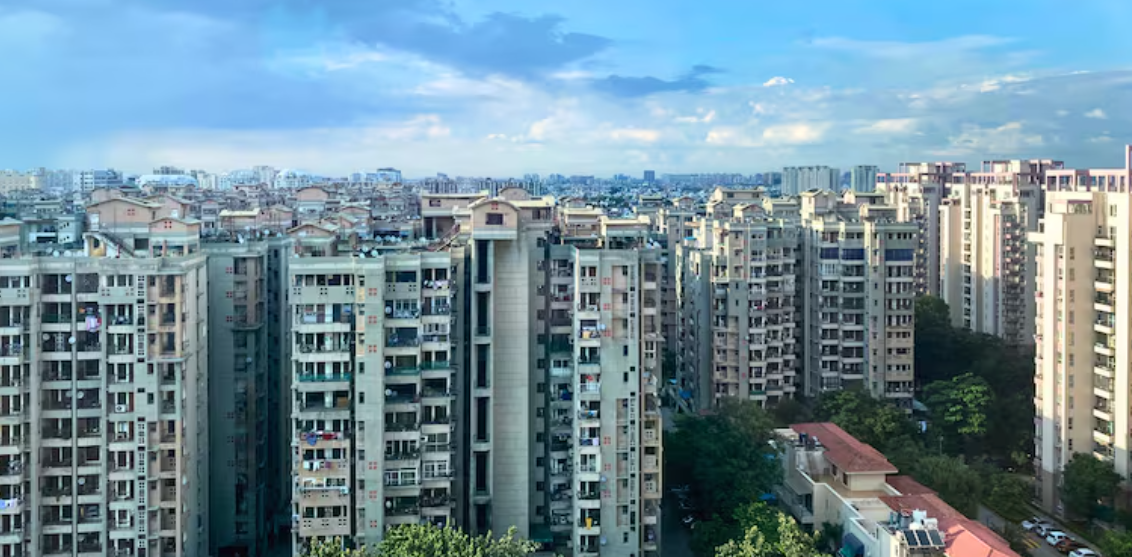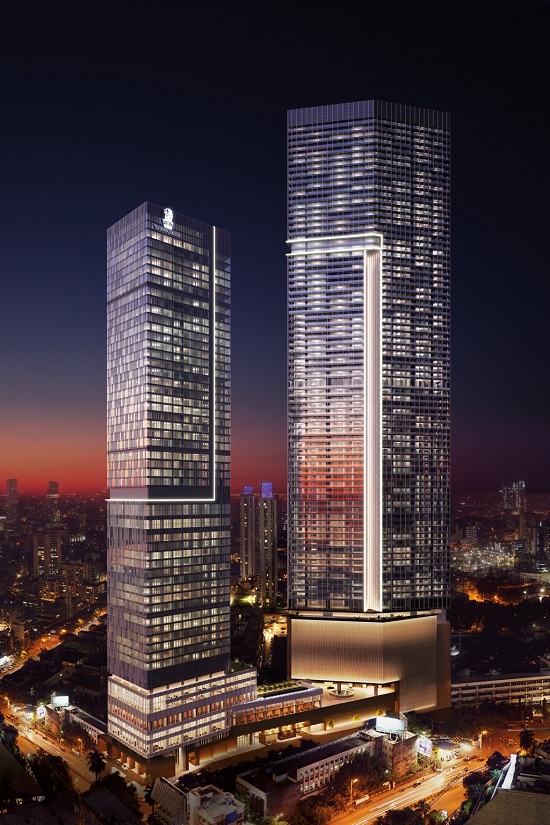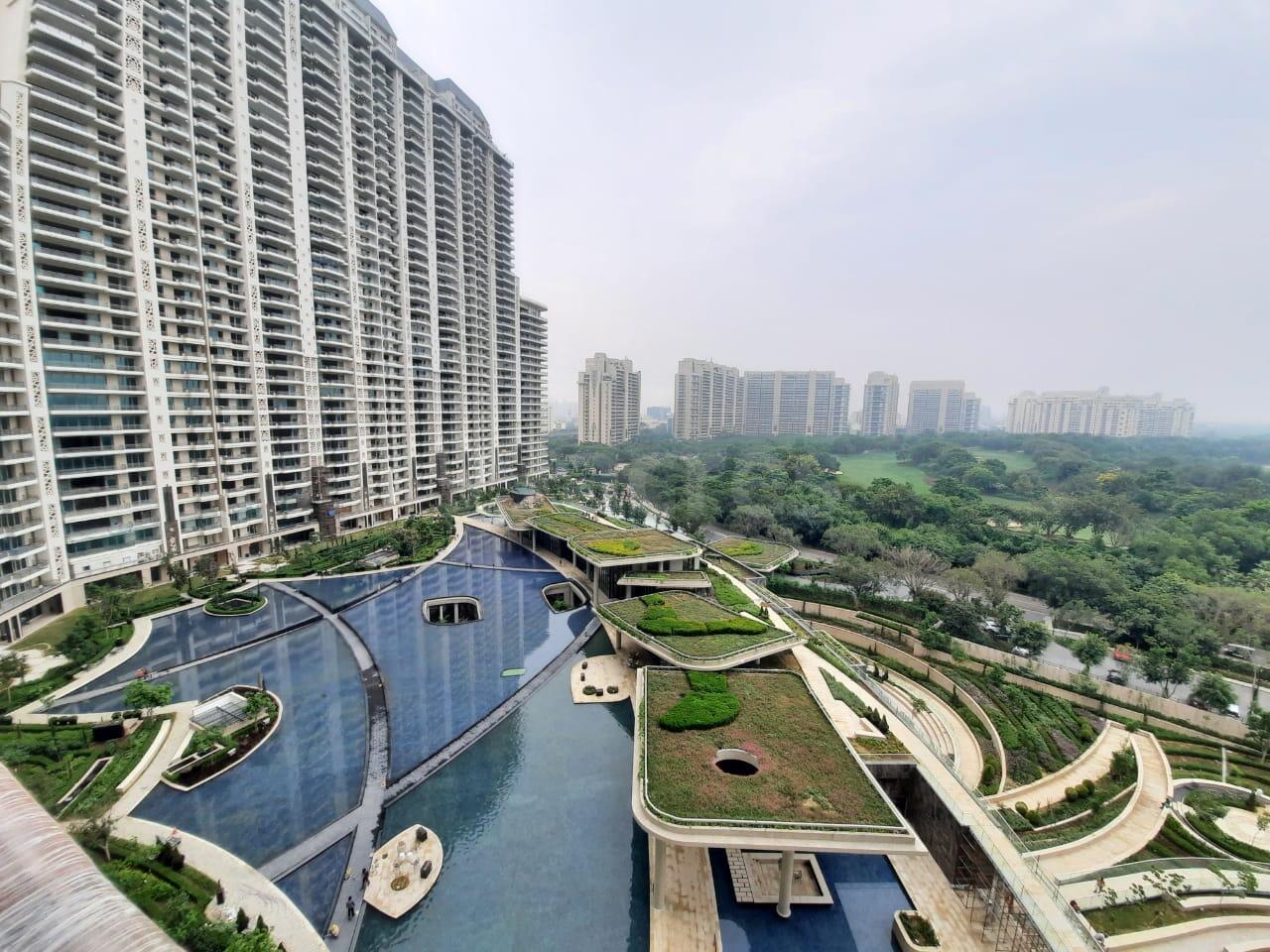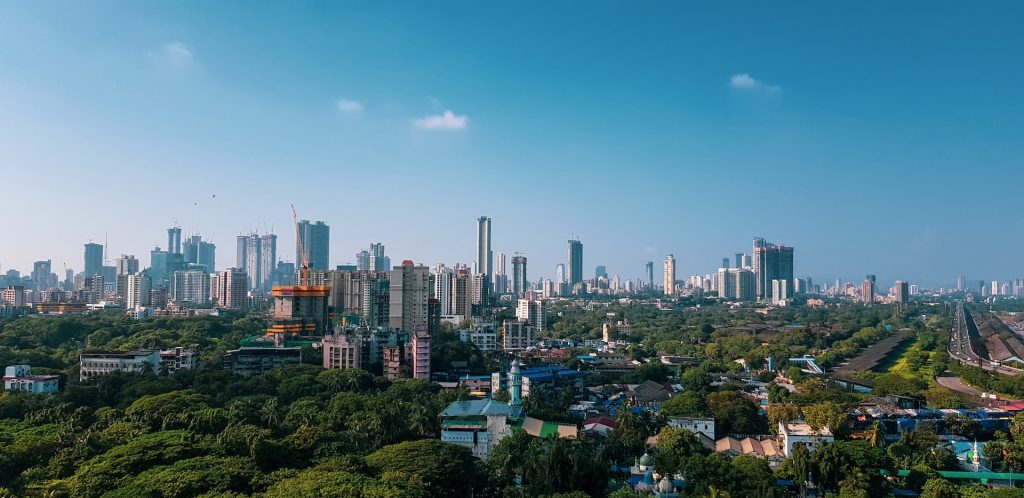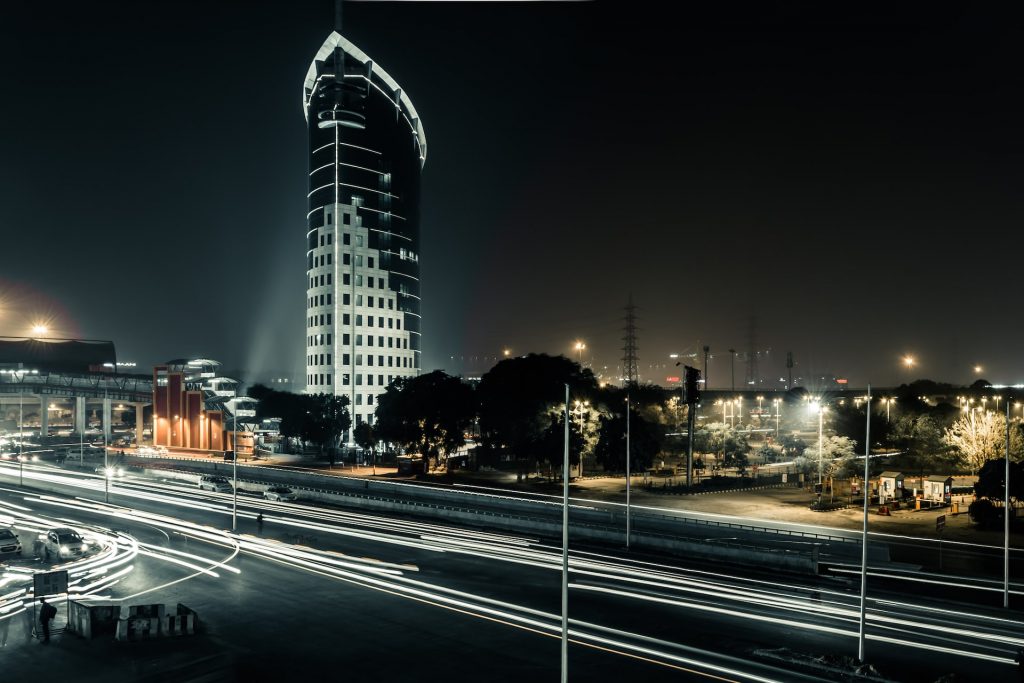Sidhant Real Estate, a company led by DLF Chairman Rajiv Singh and his family, is in the headlines for the acquisition of a grand bungalow in the upscale neighborhood of Prithviraj Road in Lutyens’ Delhi. The transaction, valued at ₹150 crore, according to documents accessed by CRE Matrix is a testament to the rising demand for ultra-luxury properties in the capital’s most coveted areas.
The bungalow was acquired from Rangoli Resorts, a company where Sheela Foam’s executive chairman, Rahul Gautam, and his family serve as directors. According to the documents, Sidhant Real Estate paid a stamp duty of ₹10.5 crore.
Rangoli Resorts, known for its association with Sheela Foam, also completed another high-value transaction last year, purchasing a bungalow on Hailey Road for ₹165 crore. Both deals were finalized in October 2024 and listed on the India Sotheby’s International Realty platform, showcasing their exclusivity.
While Rangoli Resorts’ dealings show the glamour of luxury real estate investments, Sidhant Real Estate’s acquisition stands in the spotlight. It not only adds to the portfolio of the company but also brings Lutyens’ Delhi to the forefront of high-net-worth individuals searching for luxury properties.
This transaction is just one more example of DLF’s history of large, high-end developments and acquisitions, as Sidhant Real Estate continues to gain prominence and stature in the luxury real estate market.
Recent Transactions in Delhi
The market for luxury real estate in Delhi is still highly competitive, with high-profile deals occurring in some of the most desirable areas in the city. These transactions demonstrate the rising demand for upscale real estate in desirable neighborhoods like Lutyens’ Delhi.
In a recent transaction, Anurang Jain, the managing director of auto component leader Endurance Technologies purchased a 1,350 square-yard bungalow on Kautilya Marg, New Delhi for a substantial sum of ₹130 crore.
Elevate your decisions in real estate as a developer or broker with CRE Matrix‘s data-driven insights. Book a demo now!


